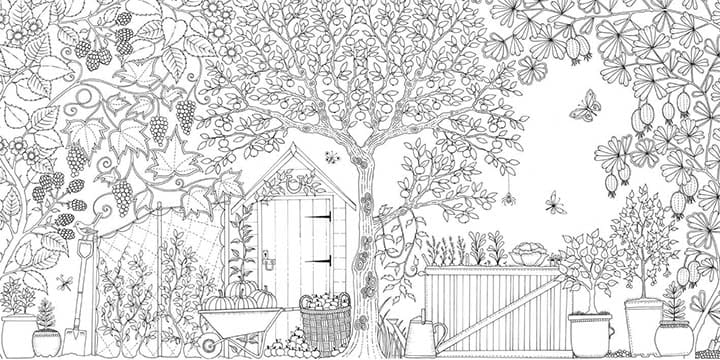By: Talia Singer, Psychotherapist
National Geographic’s recent two part feature on art therapy and traumatic brain injury (http://www.nationalgeographic.com/healing-soldiers/) is a vivid and powerful account of using art in the place of words to express the profound. Art can be a concrete representation of one’s internal organization (or disorganization for that matter). There are many examples of how art can be used as a therapeutic intervention after a trauma to the brain. The National Geographic piece describes soldiers who used mask making to relate their experience of traumatic brain injury due to combat. Dr. Jill Bolte Taylor describes how art therapy aided in her recovery from a stroke in her best-selling book, My Stroke of Insight (www.mystrokeofinsight.com).
You may wonder how art therapy can help after suffering such serious injury to the body. The answer is in the doing. When undergoing a severe trauma to the mind or body we are often left feeling afraid and unsafe. The world that was known is now a stranger to us, and this can be frightening. An art therapist encourages clients to take action! Show, do, feel, touch, create, these are all actions which can lighten those feelings of uncertainty. In their book, Art Therapy and Clinical Neuroscience (2008), authors Masterson et al. state that one should “draw in the face of difficult issues”.
Psychological and physiological trauma may also cause us to lose touch with our senses. The pain associated with this kind of trauma imprisons us in the realm of the mind. All the ‘should have’s’ and ‘could have’s’ overcome experiencing everyday life. The kinesthetic aspect of art making allows us to use our senses and bring us into the present. The cool touch of clay, the slippery feeling of oil pastels, and the vibrant colours of paint help us to know where we are, like a colourful compass.
References
Alexander, C. (2015). Behind the mask: Revealing the trauma of war. National Geographic Online, Retrieved from: http://www.nationalgeographic.com/healing-soldiers/index.html
Masterson, J. T., Findlay, J. C., Kaplan, F., Bridgham, T., Christian, D., Galbraith, A., … & Ross, D. (2008). Art therapy and clinical neuroscience. R. Carr, & N. Hass-Cohen (Eds.). Jessica Kingsley Publishers.
Taylor, J. B. (2008). My stroke of insight: A brain scientist’s personal journey. Penguin.


